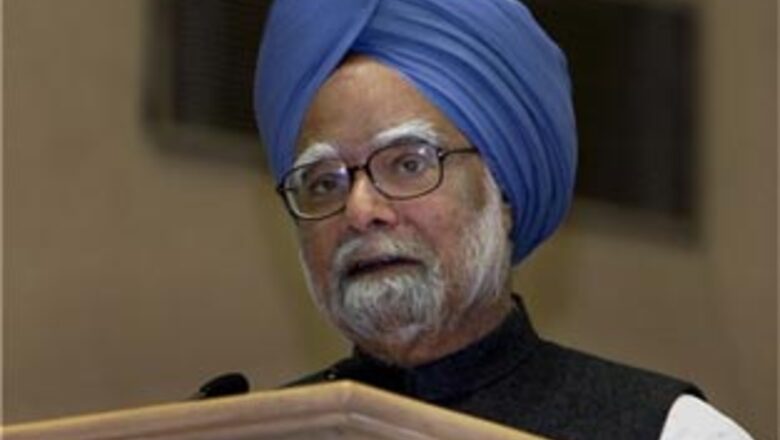
views
London: Acknowledging some serious differences among G20 members on how the world should tackle the worst economic crisis in decades, India hopes the urgent need to address the issue will force that elusive consensus.
Ahead of the G20 summit in London on Thursday, being attended by Prime Minister Manmohan Singh, Indian officials said there remained major differences, notably between Europe and the US as well as between the developed and the rich nations on some key issues.
But they said there was hope yet.
"Clearly there is a crisis," an official said. "But the realisation that the global crisis cannot be resolved by individual countries should lead to some concrete outcomes. The political will for that will be provided Thursday."
Some of the differences among the G20 members include the quantum of additional money to be provided to the International Monetary Fund (IMF) for lending to nations that need it the most and how the global financial system can be reformed.
India, so far, has chosen not to reveal its strategy.
But approached by both the least developed as well as African nations to voice their views at G20, India has sought to send out a clear message that protectionism will not be tolerated and that flow of credit to needy countries must continue.
"When we talk about inclusive growth in our own country, how can we not but articulate the need for inclusive growth across the globe," said an official, requesting anonymity.
Ahead of his G20 summit meeting, Manmohan Singh had articulated similar views and said emerging and developing economies needed access to adequate funds to be able to meet the challenges posed by the current global slowdown.
"It is an unfortunate reality that the effects of the slowdown have spread across the world and developing countries, particularly those in Africa, are facing its worst consequences," he said.
"It is important and necessary for the summit to take credible decisions which will help to halt and reverse the current slowdown and to instil a sense of confidence in the global economy."


















Comments
0 comment